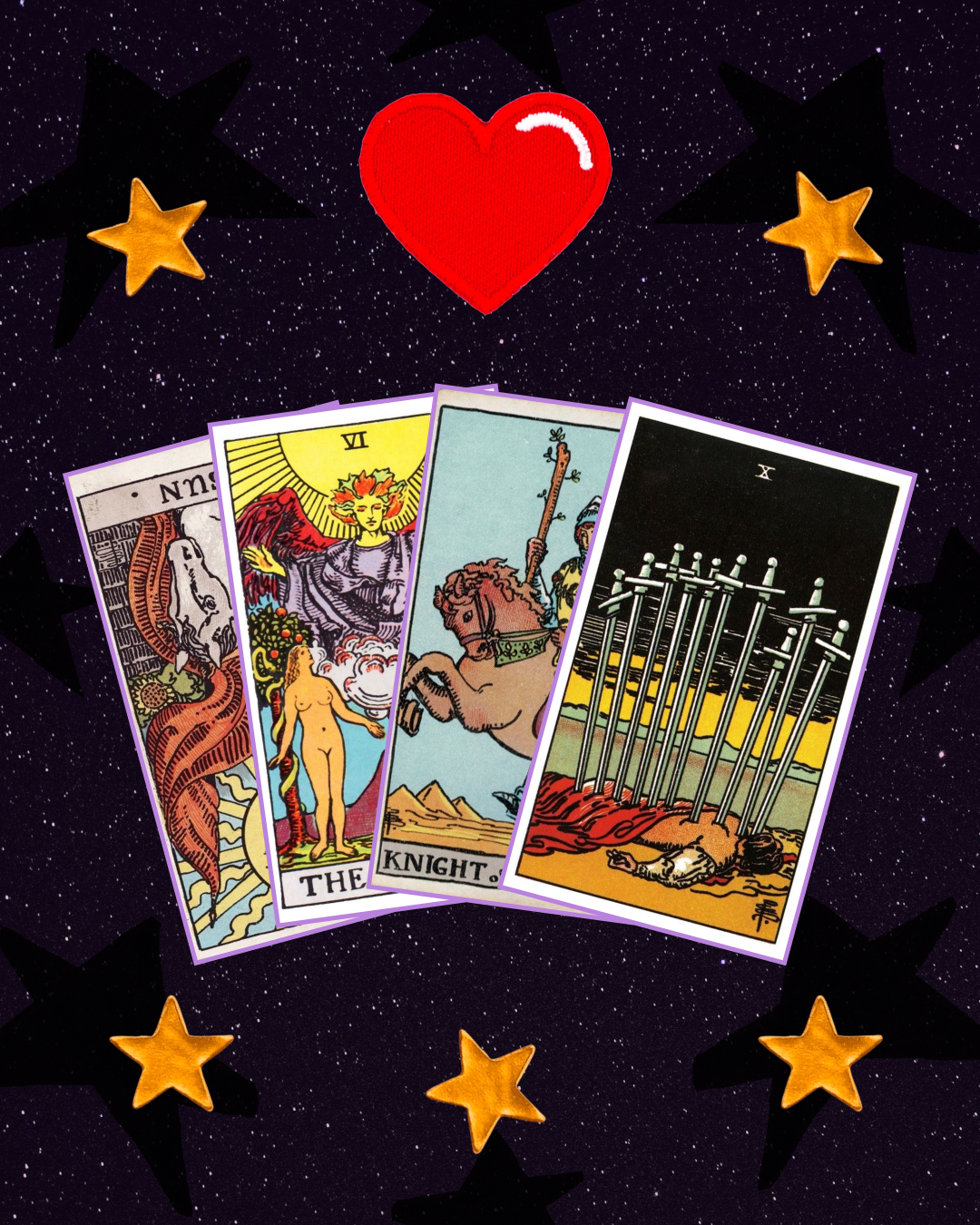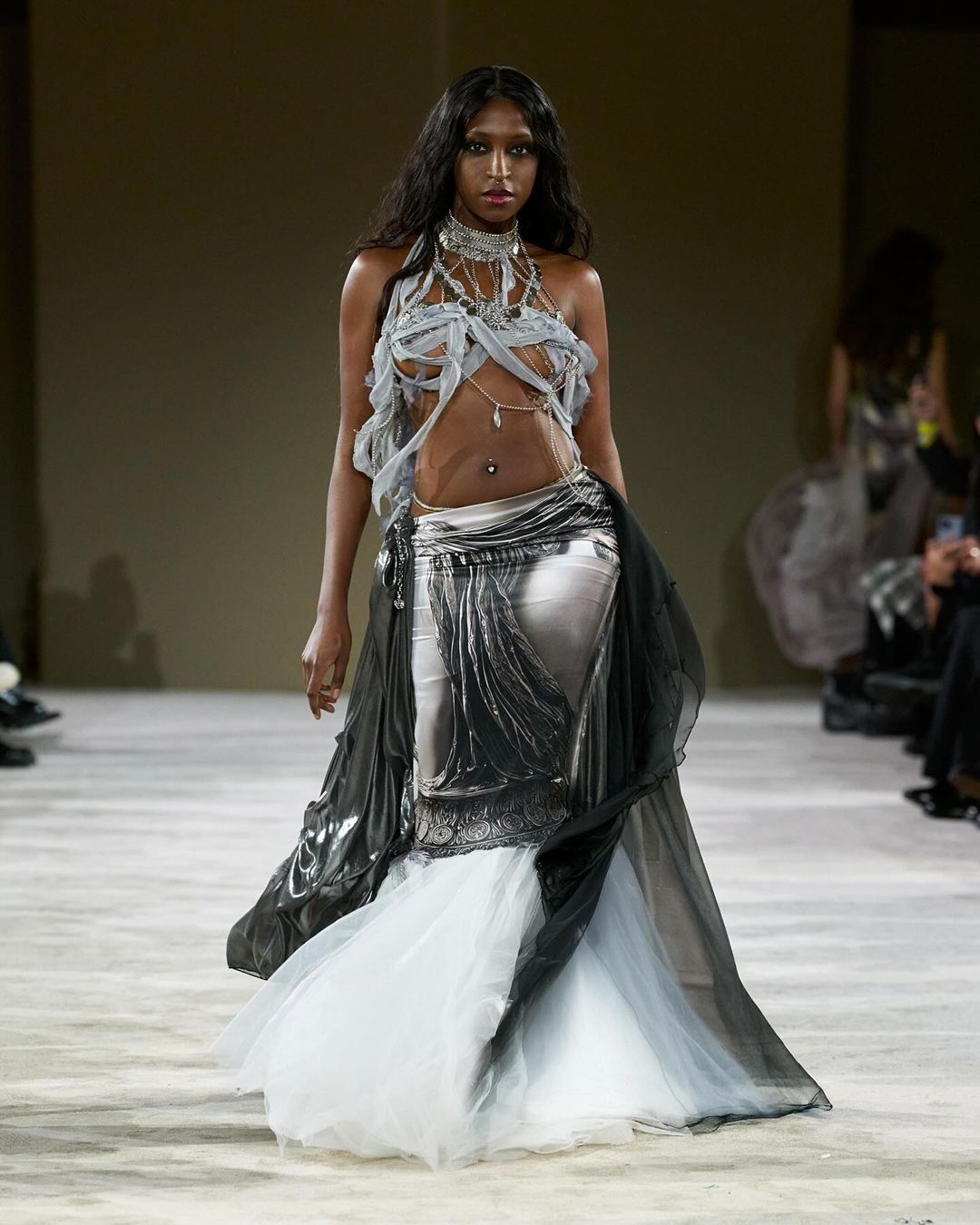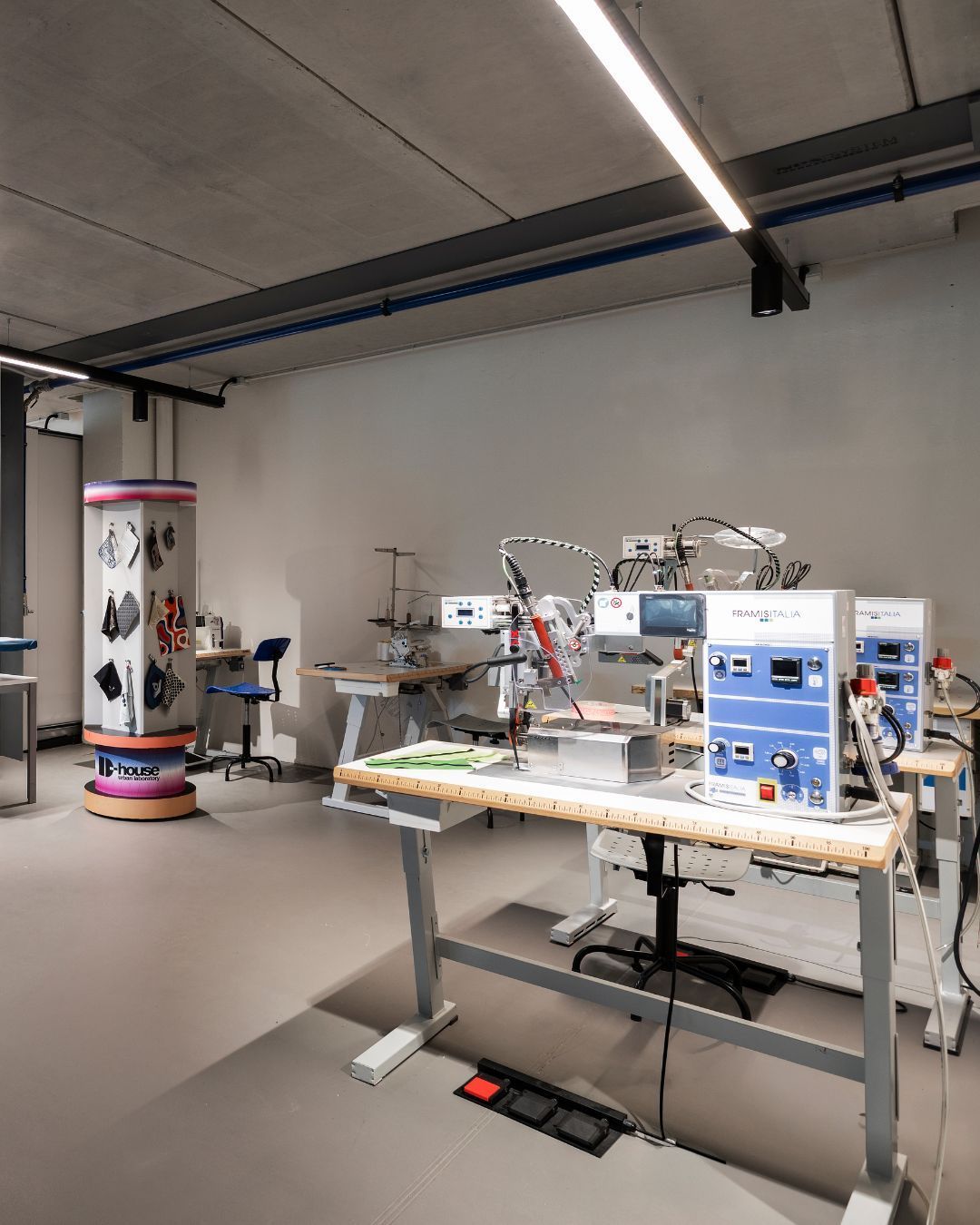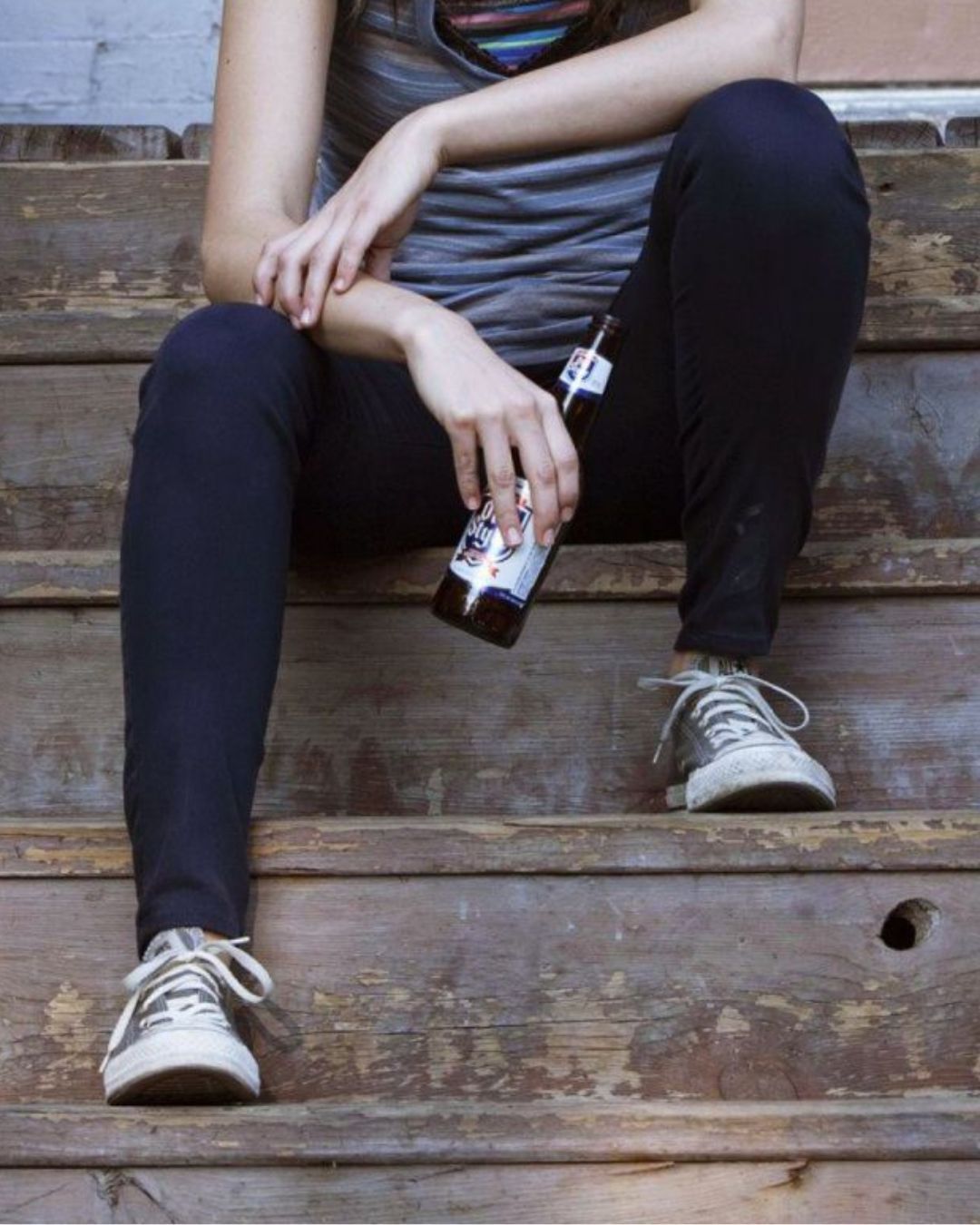
Jada Pinkett Smith opens up about alopecia How the actress turned her autoimmune disorder into a form of empowerment
The 94th Academy Awards will probably go down in history as Will Smith slapped Chris Rock for making a joke about the shaved head of the King Richard actor's wife, Jada Pinkett Smith, who adopted the "look" not because of fashion or script requirements, but because of alopecia. The only positive side of this example of toxic masculinity is that it has turned the spotlight on a disease that, although it affects 147 million people worldwide, still remains in the shadows, whispered because, while bald men are often considered sexy, women are not allowed to be bald. Losing their hair causes women to feel totally inadequate and ashamed, leading them to experience deep discomfort and to hide the problem by wearing wigs or headscarves, a trick to defend themselves from body shaming and the fear of being considered ugly or wrong that Pinkett Smith also used for a long time. Then, in 2018, when asked yet another question about why she often sported turbans and headscarves, she decided to talk openly about hair loss in an episode of her show Red Table Talk:
"It was terrifying when it first started. I was in the shower one day and had just handfuls of hair in my hands and I was just like, "Oh, my God, am I going bald?""
This was the first step on a long journey of acceptance and empowerment, which she went through with the support of her family and, above all, her daughter Willow, who decided to adopt the shaved head in solidarity with Jada and inspired her to do the same, proudly showing that beauty and femininity can come in different forms and that it's certainly not hair that determines them. So last December, Jada decided to share her bare head with her Instagram followers, including her alopecia scars:
"Mama’s gonna have to take it down to the scalp so nobody thinks she got brain surgery or something. Me and this alopecia are going to be friends … period!So, it just showed up like that. Now, this is going to be a little bit more difficult for me to hide. So, I thought I'd just share it so y'all not asking any questions.Now at this point, I can only laugh… y'all know I've been struggling with alopecia."
During the Jada goes bald episode of Red Table Talk, Pinkett Smith, who has learnt to live by the motto "Love yourself today", added that suffering has turned out to be "a mix of a spiritual calling and a lot of practical sense":
"I said to myself, at some point, your hairline is going to be back here so we might as well just do it now. It was a bit of a leap, but I discovered a lot about myself. It was liberating. I had come from years of evaluating myself on how others liked me, calibrating myself on how others wanted to see me, not on how I thought I wanted to be. I was immersed in this world, so I decided to be myself and I finally broke free. I had wanted to do this for a long time. I let go of a lot of things along with my hair, so it was also an almost mystical experience, certainly one of rediscovery".
The Matrix Resurrections actress suffers from alopecia areata, "a condition that occurs when the immune system attacks hair follicles and causes hair loss, usually affecting the head and face, and in some cases it can be a temporary condition resulting from severe stress or shock", but there are different types, as well as many causes. Genetic factors, autoimmune responses, stress, nutritional deficiencies, sudden weight changes, thyroid disease, polycystic ovary syndrome, hormonal imbalances, drug use or environmental causes can often be the cause. Treatment also varies depending on the underlying cause, but it is important to see a specialist when the first symptoms appear, and to obtain appropriate psychological support at the same time, because all those affected by the problem have stressed that shame at losing one's hair is almost a social stigma, a sentence of invisibility, especially for women. Just think of the first three images we usually associate with a woman with a bald head: masculinity, illness and imprisonment.
Speaking out and talking about it personally can not only be helpful to those with the same condition, but it is crucial in changing our perception of a woman with shaved head. Like Jada Pinkett Smith, other stars have decided to share their own journey in dealing with alopecia. These include model Tyra Banks, who said she had suffered from alopecia in the past after a period of burnout at work, and actress Viola Davis, who confessed in an interview with Vulture magazine that she has been struggling with alopecia since she was 28 years old and has suffered deeply from the condition, trying to hide it, until she embarked on a course of analysis and psychological therapy to work on her self-esteem. Also relevant is the story of model Amber Jean Rowan who, after being diagnosed with alopecia and not finding a community where she could share her experiences and advice, opened Hair Free.

























































